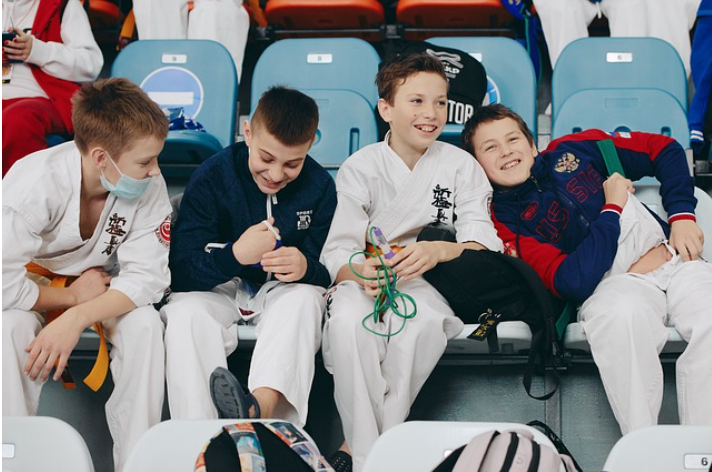
Plan in Advance to Keep Your Child’s Teeth Safe
Spring is in the air! It’s time for baseball (or soccer), hot dogs, apple pie, and mouth guards! If your child plays sports of any kind, you know how important it is to have the proper equipment to prevent injuries. This can involve proper shoes, helmets, pads, and a mouth guard.
Mouth guards may not be on the list of required equipment (depending on the sport), but if you want your child to look great in team pictures (and selfies) they will need all of their teeth. Research shows that athletes who don’t use a mouth guard are 60 times more likely to damage their teeth. Considering that they are relatively inexpensive and easy to acquire, why wouldn’t you ensure that they have this basic piece of equipment?
According to the American Dental Association, there are three types of mouth guards available.
Like any dental appliance, it is important to take care of your mouth guard between uses. Keeping it clean and dry prevents bacteria that can cause bad breath and infections from growing.
Knowing that you’ve done your best to protect your child from injury is worth whatever you might spend on this simple piece of sports equipment. Whether it’s football, soccer, hockey, skateboarding, gymnastics, or mountain biking, any sport has the potential to cause soft-tissue injuries, broken teeth, misalignment, or tooth loss. Just look at that beautiful smile! Why risk it?
Call the Dental Care Center today!